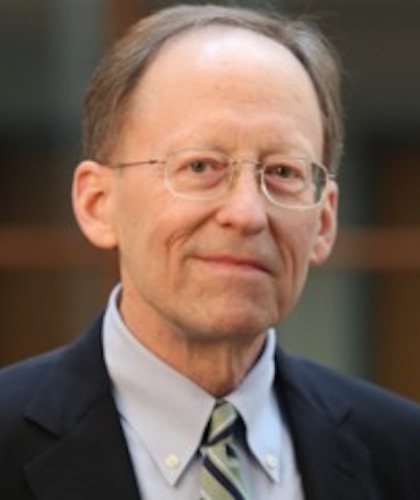
Sprinkle, Rob
Robert Hunt Sprinkle, MD, PhD, works at the intersection of politics and the life sciences. He studied history at Dartmouth College and medicine at the University of Cincinnati and trained clinically at the University of Virginia and the University of Texas Southwestern Medical Center, Dallas. He is a diplomate of both the American Board of Family Medicine and the American Board of Pediatrics and a fellow of the respective clinical academies; he maintains current certification in both specialties and medical licensure in four states. He earned his second doctorate, the PhD, at the Woodrow Wilson School of Public and International Affairs, Princeton University, where for two years he was supported by a MacArthur Foundation Social Science Research Council Fellowship in International Peace and Security; his first graduate-school summer he spent as a refugee-camp physician on the Thai-Cambodian border. In 1995 he joined the University of Maryland School of Public Policy, where he is now a tenured associate professor; during a 2007-2008 sabbatical year at Dartmouth he held visiting positions in ethics, in public policy, and in pediatrics. He is the author or coauthor of papers and chapters in clinical medicine, bioethics, health policy, bioengineering, environmental policy, political theory, and biosecurity and is the author of one book, Profession of Conscience: The Making and Meaning of Life-Sciences Liberalism (Princeton University Press, 1994), an intellectual history of political-ethical thought in the life sciences. From 2001 to 2008 he was Editor-in-Chief of Politics and the Life Sciences. In 2009 he was elected Chair of the Council of the Association for Politics and the Life Sciences. Since 2012 he has co-directed the University's campus-wide Sustainability Minor for undergraduates.
- Do technocratic policy choices involve moral reasoning?